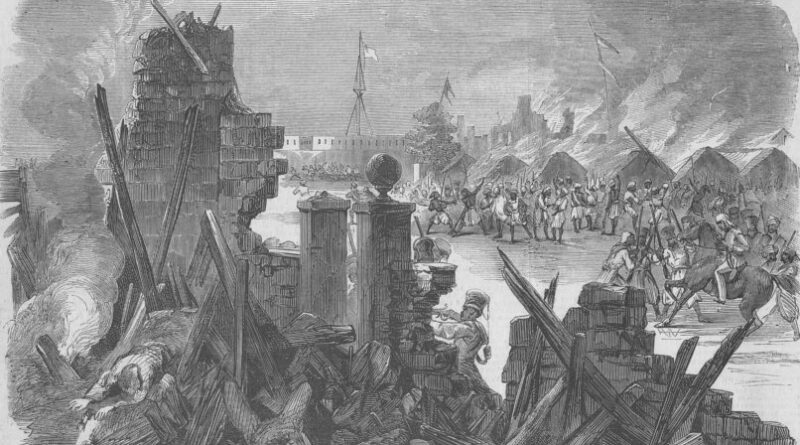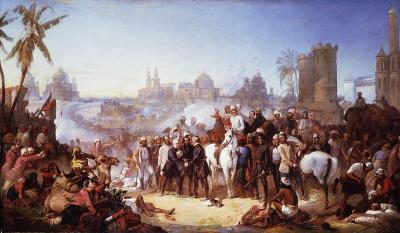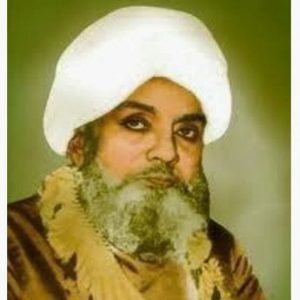
On 24 April, 1857, Colonel G.M.C Smith of 3rd Regiment, Light Cavalry, at Meerut asked his troops to load the cartridges in Enfield rifles. 85 out of the 90 Indian troops of the Regiment declined receiving the cartridges on account of usage of beef or pig fat in those. All the 85 Indians were sentenced to prison and their case was forwarded to Major General Hewit.
We are publishing the name of all these 85 Indian sepoys who defied the English command and thus triggered the first national war of Independence from Meerut.
- Mataa-Deen (Havildar)
Naiks:
- Sheikh Peer Ali
- Ameer Qudrat Ali
- Sheikh Hasan ud-Deen
- Sheikh Noor Muhammad
Sepoys:
- Sheetal Singh
- Jehangir Khan
- Meer Mosim Ali
- Ali Noor Khan
- Meer Husain Bakhsh
- Muttra Singh
- Narain Singh
- Lal Singh
- Sewdeen Singh
- Sheikh Husain Bakhsh
- Sahibdad Khan
- Bishan Singh
- Baldeo Singh
- Sheikh Nandoo
- Nawab Khan
- Sheikh Ramzan Ali
- Ali Mohammad Khan
- Makhan Singh
- Durga Singh
- Nasurullah Begh
- Meerahib Khan
- Durga Singh (2nd)
- Nabi Bakhsh Khan
- Jurakhan Singh
- Nadju Khan
- Jurakhan Singh (2nd)
- Abdullah Khan
- Ehsan Khan
- Zabardast Khan
- Murtaza Khan
- Burjuar Singh
- Azimullah Khan
- Azimullah Khan (2nd)
- Kalla Khan
- Sheikh Sadullah
- Salar Bakhsh Khan
- Sheikh Rahat Ali
- Dwarka Singh
- Kalka Singh
- Raghubir Singh
- Baldeo Singh
- Darshan Singh
- Imdad Husain
- Peer Khan
- Moti Singh
- Sheikh Fazal Imam
- Sewa Singh
- Heera Singh
- Murad Sher Khan
- Sheikh Aram Ali
- Kashi Singh
- Ashraf Ali Khan
- Qadardad Khan
- Sheikh Rustam
- Bhagwan Singh
- Meer Imdad Ali
- Shiv Baksh Singh
- Lakshman Singh
- Sheikh Imam Bakhsh
- Usman Khan
- Maqsood Ali Khan
- Sheikh Ghazi Bakhsh
- Sheikh Ommaid Ali
- Abdul Wahab Khan
- Ram Sahai Singh
- Parna Ali Khan
- Lakshman Dubey
- Ramswaran Singh
- Sheikh Azad Ali
- Shiv Singh
- Sheetal Singh
- Mohan Singh
- Vilayat Ali Khan
- Sheikh Muhammad Ewaz
- Indar Singh
- Fateh Khan
- Maiku Singh
- Sheikh Qasim Ali
- Ramcharan Singh
- Daryao Singh
- The list is an indication of Hindu Muslim unity during the war of Independence.
source: http://www.heritagetimes.in /Heritage Times / Home> Featured Posts> Freedom Movement / by Mahino Fatima / July 30th, 2021










